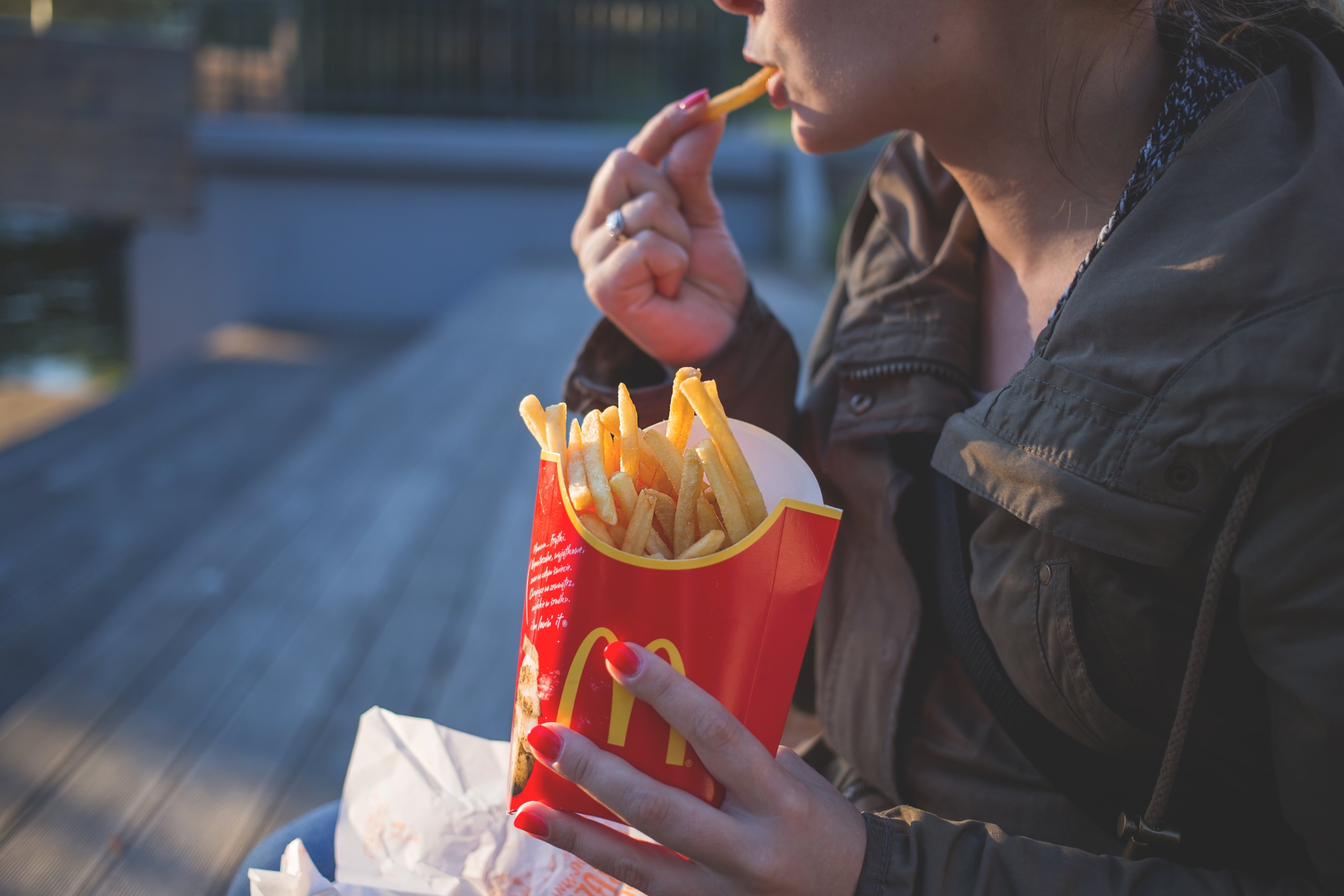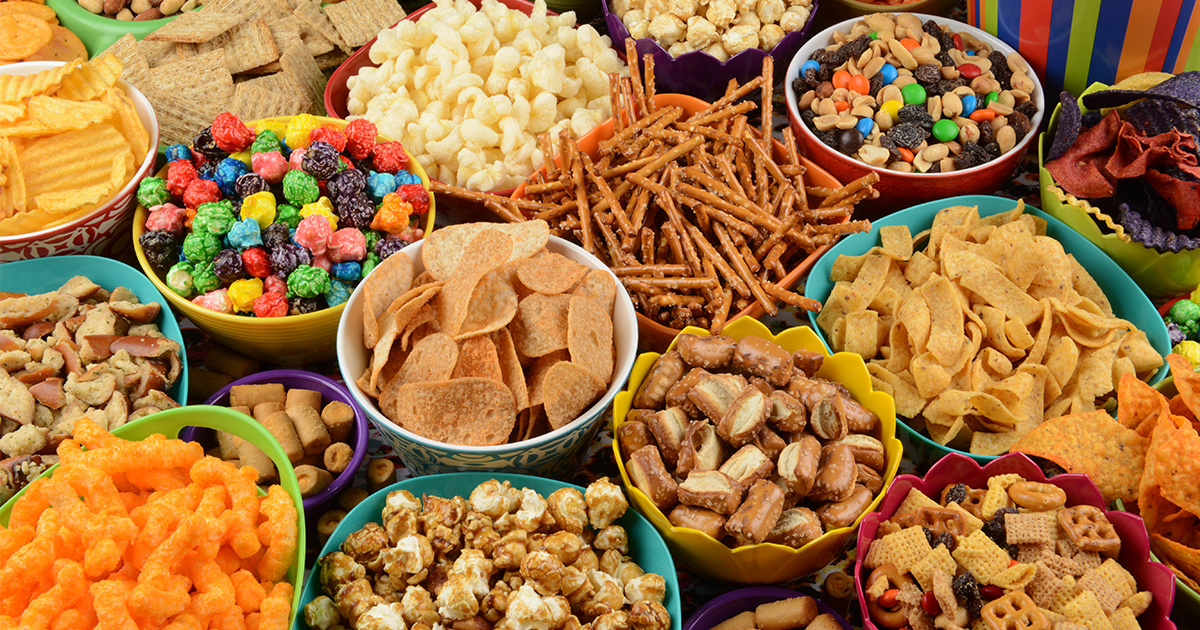LordsFire
Internet Wizard
Alrighty then.
(All of this post is regarding the US, not the world at large.)
So, I see people pushing the 'lack of access to affordable healthy food' BS again. I understand that some people end up at this conclusion, because they're exposed to large amounts of media that paint a grim picture, and it can be hard to see past that, but let me explain this very simply to you:
The idea that poor people cannot get access to healthy food is a pernicious myth that has only the faintest bearing on reality.
The only reason it has any bearing on reality, is because yes, in a country with over 300 million people, there are some outliers who are in genuinely harsh circumstances who can't get to what they need for an affordable price. That is not the norm. And you do not restructure your society to service a fraction of a tenth of a percent better, that will absolutely do more harm than good.
How do I know this? Because I have been one of those poor people. Depending on how you count it, I may still be. This might be the first year in my life where I crack 20k$ income in a year.
When I was working part time (~25 hours a week) earning a dollar more than minimum wage (still less than ten an hour), I was still able to eat just fine. More than fine. I like my cheese and meat, two of the most expensive types of food, even when you're just buying ground chuck and cheddar, and I ate heartily for every meal.
You know what foods are cheap?
Vegetables. Potatoes. Chicken. Eggs. Even fruit isn't very expensive when it's not out of season.
And this shit isn't super-complicated to cook either. Crock pots are relatively cheap, and can often be had super-cheap from thrift stores. Throw a bunch of vegetables and meat (if you've got it) into the crock pot before you go to work, and dinner's ready when you get back. Throw the leftovers in the fridge, and you can microwave up a whole bunch of meals out of that single batch of relatively low-effort cooking.
You can have a 'baked' potato out of the microwave if you want. Add some butter and salt (both also cheap) and you've got a tasty little meal.
This is not complicated. This is not something that is beyond the reach of most poor people. This is not even counting the many, often extravagant charity programs that provide meals to the poor.
And I'm not talking about a minority of parts of the country. Anywhere that has a grocery store or a wal-mart falls into this category, and that is the overwhelming majority of the country.
'Food deserts' or 'food insecurity' being anything beyond an extremely marginal issue is a myth. Yes, there are a miniscule number of people who actually have a problem getting enough or decent food, but that's a problem that could be solved with a rounding error in the welfare programs that already exist, not something that requires mass restructuring of any portion of society.
(All of this post is regarding the US, not the world at large.)
So, I see people pushing the 'lack of access to affordable healthy food' BS again. I understand that some people end up at this conclusion, because they're exposed to large amounts of media that paint a grim picture, and it can be hard to see past that, but let me explain this very simply to you:
The idea that poor people cannot get access to healthy food is a pernicious myth that has only the faintest bearing on reality.
The only reason it has any bearing on reality, is because yes, in a country with over 300 million people, there are some outliers who are in genuinely harsh circumstances who can't get to what they need for an affordable price. That is not the norm. And you do not restructure your society to service a fraction of a tenth of a percent better, that will absolutely do more harm than good.
How do I know this? Because I have been one of those poor people. Depending on how you count it, I may still be. This might be the first year in my life where I crack 20k$ income in a year.
When I was working part time (~25 hours a week) earning a dollar more than minimum wage (still less than ten an hour), I was still able to eat just fine. More than fine. I like my cheese and meat, two of the most expensive types of food, even when you're just buying ground chuck and cheddar, and I ate heartily for every meal.
You know what foods are cheap?
Vegetables. Potatoes. Chicken. Eggs. Even fruit isn't very expensive when it's not out of season.
And this shit isn't super-complicated to cook either. Crock pots are relatively cheap, and can often be had super-cheap from thrift stores. Throw a bunch of vegetables and meat (if you've got it) into the crock pot before you go to work, and dinner's ready when you get back. Throw the leftovers in the fridge, and you can microwave up a whole bunch of meals out of that single batch of relatively low-effort cooking.
You can have a 'baked' potato out of the microwave if you want. Add some butter and salt (both also cheap) and you've got a tasty little meal.
This is not complicated. This is not something that is beyond the reach of most poor people. This is not even counting the many, often extravagant charity programs that provide meals to the poor.
And I'm not talking about a minority of parts of the country. Anywhere that has a grocery store or a wal-mart falls into this category, and that is the overwhelming majority of the country.
'Food deserts' or 'food insecurity' being anything beyond an extremely marginal issue is a myth. Yes, there are a miniscule number of people who actually have a problem getting enough or decent food, but that's a problem that could be solved with a rounding error in the welfare programs that already exist, not something that requires mass restructuring of any portion of society.










